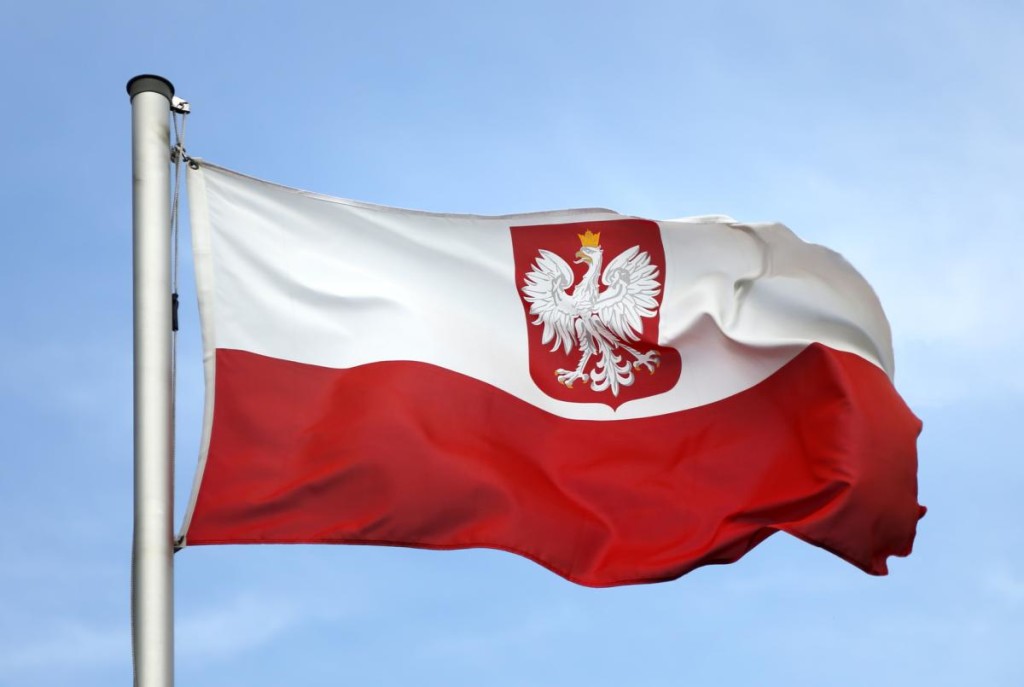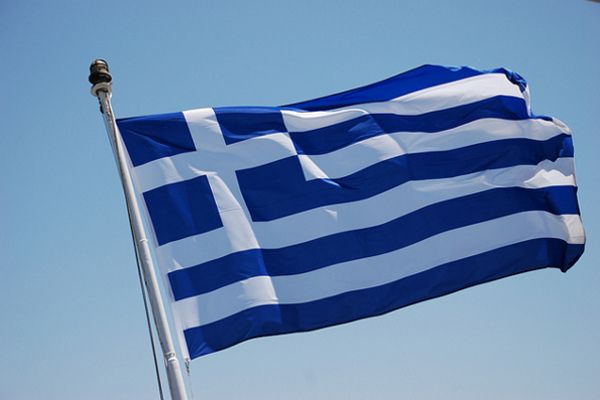Polish political system
Poland is a democratic republic with a parliamentary-presidential system. Here are the main features of this system:
1. President: Poland elects a president for a 5-year term who serves as the head of state. The president has certain executive powers, but their role is primarily representative and symbolic.
2. Sejm: The Sejm is the lower house of parliament and consists of 460 deputies elected for 4-year terms. The Sejm is the main legislative body responsible for making decisions on legislation and the budget.
3. Senate: The Senate is the upper house of parliament and consists of 100 senators, also elected for 4-year terms. The Senate serves as a check on the laws passed by the Sejm.
4. Government: The government of Poland is responsible for the executive branch of power. The Prime Minister, appointed by the President, leads the government. The government is accountable to the Sejm.
5. Constitutional Tribunal: The Constitutional Tribunal is a body that checks the compatibility of laws with the constitution. It has the authority to request the Sejm to examine a law for its conformity with the constitution.
6. Local Governments: Poland is divided into voivodeships, counties, and municipalities, each with its own local self-governing bodies. Local authorities are elected, and they have competencies in various areas such as education and local infrastructure.

Greek political system

Greece is a parliamentary republic with a democratic system of government. Here are the main features of Greece’s political system:
1. President: The President of Greece serves as the head of state, but their role is primarily symbolic. The President is elected by parliament for a five-year term.
2. Parliament: Greece has a unicameral assembly known as the Vouli ton Ellinon (Assembly of Greeks). It consists of 300 deputies who are elected in general elections for a four-year term. The parliament has legislative and oversight powers over the government.
3. Government: Greece operates under a parliamentary system, meaning that the main executive authority lies with the government. The Prime Minister of Greece is the head of government and is usually the leader of the political party with a majority in parliament. The Prime Minister is appointed by the President and is accountable to parliament.
4. Party System: Greece has a multi-party political system where several political parties compete for seats in parliament. The two major parties in Greece are New Democracy (Nea Dimokratia) and SYRIZA, although the political landscape can change through elections.
5. Local Government: Greece has an extensive system of local self-government, which includes regions, regional units, and municipalities. Local authorities have certain powers in managing local affairs such as education and spatial planning.
6. Supreme Court: The Supreme Court of Greece is the highest judicial authority in the country, responsible for deciding constitutional issues and overseeing Greece’s legal system.
Similliarities in the political systems of Greece and Poland
Parliamentary Democracy: Both Poland and Greece operate as parliamentary democracies, which means that both countries have elected parliaments that play a crucial role in legislation and state governance.
Separation of Powers: In both countries, there is a separation of powers among the legislative, executive, and judicial branches, aiming to ensure a balance and control over the government’s actions.
Membership in the European Union: Both Poland and Greece are members of the European Union, which influences their foreign policy and economy, and EU law directly impacts their legal systems.

Differences in the political systems of Greece and Poland

- Electoral System: Poland employs a mixed electoral system for parliamentary elections, encompassing both single-member constituencies and a proportional representation system. Greece primarily uses a proportional representation electoral system.
- Role of the President: In Poland, the President serves as the head of state and has certain executive powers, while in Greece, the President holds a more ceremonial role, with executive authority concentrated in the hands of the Prime Minister.
- History and Political Traditions: Poland and Greece have different political traditions and histories that have shaped their contemporary political systems. Poland endured many years under communist influence, while Greece experienced a period of military junta rule.
-
Political Challenges: Both countries face distinct political challenges. For example, Poland has grappled with controversies related to the rule of the Law and Justice (PiS) party, including concerns about judicial independence. Greece, on the other hand, has confronted issues related to its economy and migration.
